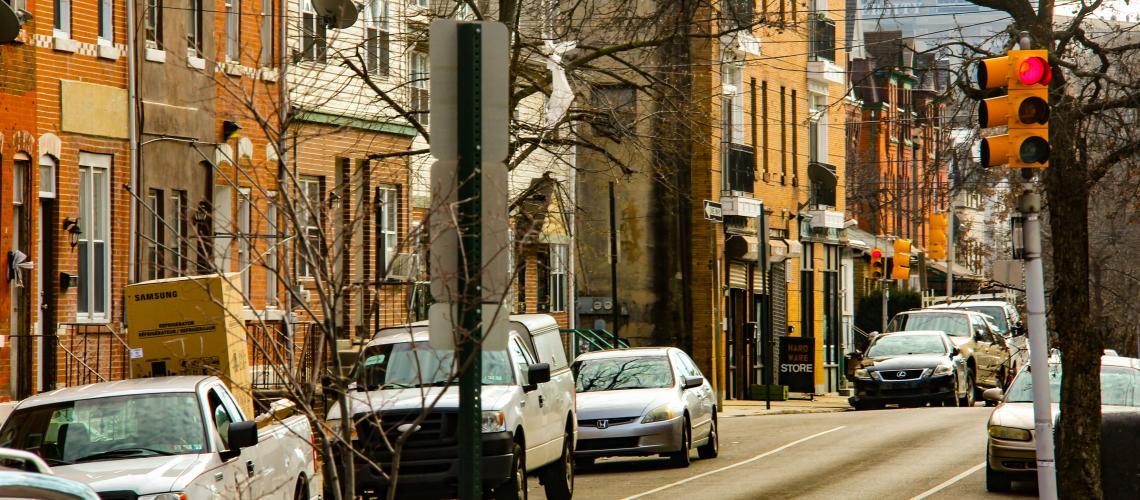Mantua on 33rd Street above Spring Garden Street; Drexel University in far background.
In the decades after World War II, Mantua was a poor majority-African American neighborhood in West Philadelphia’s northeastern section. In the 1980s, Mantua Against Drugs worked to halt the spread of crack cocaine in this neighborhood.
In the 1980s, Mantua, a poor majority-African American neighborhood in West Philadelphia’s northeastern section, had the tinderbox conditions that made the fast, inexpensive high produced by crack cocaine so appealing to first-time, and soon-to-be addicted, users. The crack epidemic did not begin in Mantua overnight; as in the city and the nation-at-large, there was a long, slow slide towards crack in this neighborhood. This awakened a strong community response. Once crack gained a foothold in Mantua, a community-organizing campaign, Mantua Against Drugs, led by the formidable community activist Herman Wrice, rose to try to rid the neighborhood of its criminal drug element.
Stories in this Collection
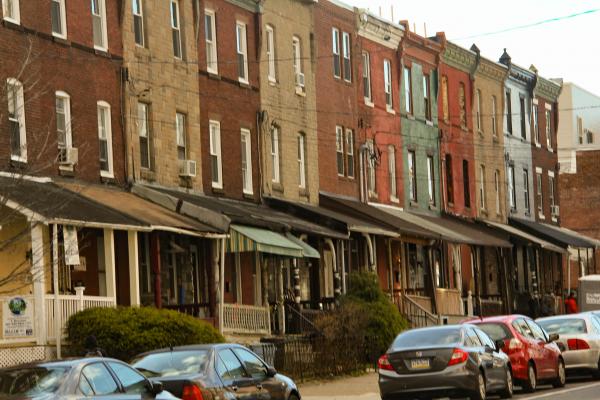 By 1960, the Great Migration of southern blacks moving north to Philadelphia had spurred the growth of Mantua’s population to more than 97 percent of the neighborhood total. In combination, post-World War II discriminatory housing and employment policies, deindustrialization and the city’s loss of manufacturing jobs, and the outflow of city resources to emerging white suburbs “stranded” Mantua blacks in a declining neighborhood whose social fabric was unraveling. |
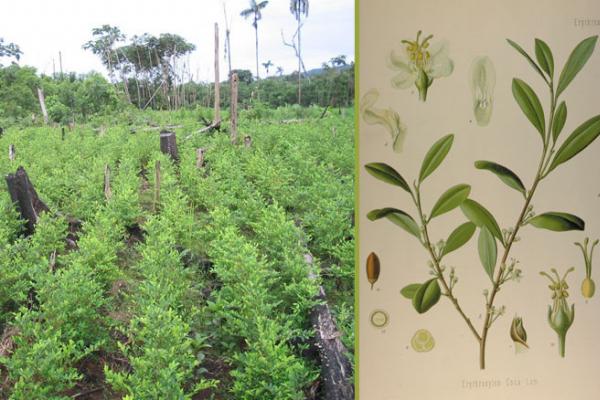 Mantua, a poor neighborhood that was home to many hard-living black families, fell prey to the devastating crack cocaine epidemic of the last two decades of the twentieth century. Drug gangs peddled the highly addictive narcotic openly on Mantua’s streets. The drug market was hierarchically organized, with kingpins who obtained cocaine and other illegal drugs in vast quantities and mid-level distributors who recruited teenagers as street dealers and protected the corners they claimed as their turf. |
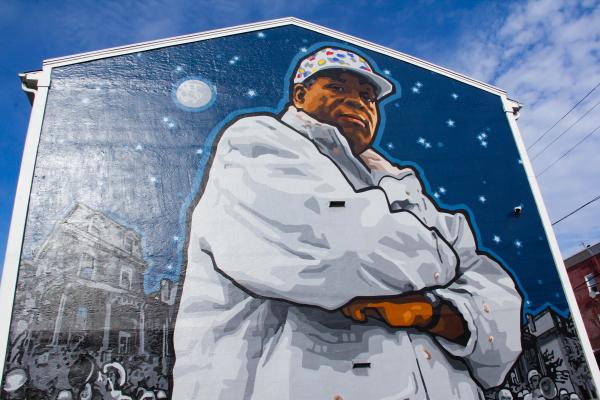 During the era of the crack epidemic—the mid-1980s to the Millennium—community activists rose up in poor African American neighborhoods to drive out narcotics dealers and shut down crack houses. One such community organizer was Herman Wrice, founder of Mantua Against Drugs (MAD), who, with the help of like-minded activists, mobilized anti-drug marches and protests to thwart the dealers. The “Wrice Process” attracted national attention, and the Department of Justice enlisted him to help towns and small cities organize to effectively deal with the crack phenomenon. |
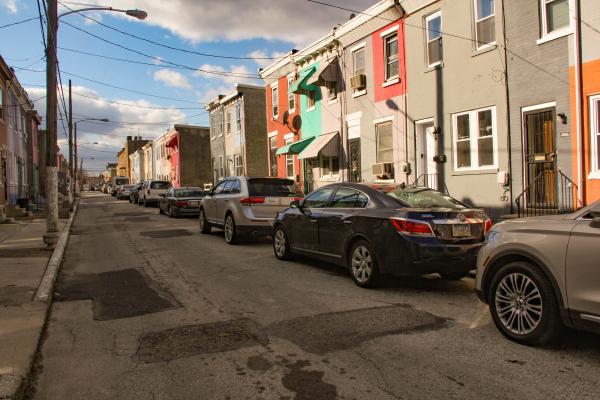 In 2014, President Barack Obama designated Mantua and several other poor neighborhoods north of Market Street as the West Philadelphia Promise Zone. This 10-year designation offers the Promise Zone’s government and community partners “preference points” in federal grant applications to generate opportunities in housing, education, and employment. The Promise Zone is administered under the auspices of the city’s Office of Community Empowerment and Opportunity. |
